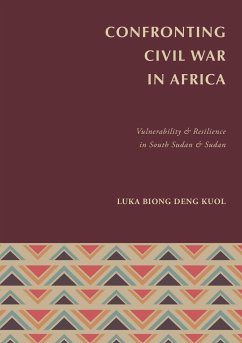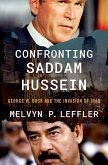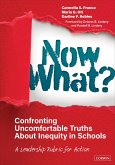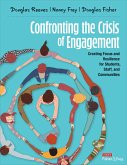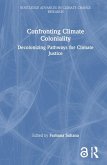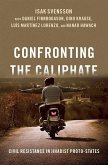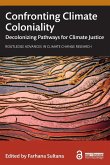This Book on "Confronting Civil War in Africa" is an attempt to unravel and better understand how people living in a prolonged violent conflict confront the effects of such violent conflict on their livelihoods. It sets out a framework called the Risk-Livelihood-Vulnerability that links risk events to household livelihood strategies and their outcomes in terms of vulnerability and resilience. The formulation of this framework was informed by gaps in the literature and various approaches to livelihood vulnerability and resilience. This framework was tested through comparative empirical inquiries of research communities of Bahr el Ghazal region of South Sudan, the then southern Sudan, which was exposed in the 1990s to a protracted civil war and climate change. The first element of the framework provides a better understanding of the risk events faced by rural communities such as civil war and environmental variability that are becoming increasingly interconnected. It is shown in this book that drought is positively correlated with the counterinsurgency warfare at the community and household levels. This finding complements the growing empirical evidence at a macro level of the positive correlation between armed conflict and rising temperature in Africa. The second component of the framework analyzes the livelihood strategies adopted during the prolonged civil war. While it is generally recognized in the development literature that rural households are proactive in confronting risk events such as drought, households living in armed conflict environment are generally perceived, because of the dearth of evidence, as passive or unable to confront the effects of civil war on their livelihoods because of the chaotic nature of civil war. The results of comparative empirical inquiries show that households exposed to exogenous counterinsurgency warfare do indeed adopt proactive and innovative ex-ante livelihood strategies to confront civil war. The third element of the framework assesses the level of vulnerability and resilience as outcomes of household livelihood strategies. The results of comparative empirical inquiries show the curse of assets as such assets like livestock, the mainstay of rural livelihood in Bahr el Ghazal region, became increasingly susceptible to counterinsurgency warfare with non-poor becoming more vulnerable during the civil war. However, the households exposed to exogenous counterinsurgency warfare were surprisingly more resilient than the households exposed to endogenous counterinsurgency and drought. This Book is relevant at the time when many African countries are likely to continue sliding into a trajectory of violent conflict that will be increasingly caused by interplay between the violent conflict caused by governance deficit and decaying democracy and climate change. This book will act as a guide to have a better and coherent approach to improving understanding of and responding to household vulnerability and resilience during the prolonged violent conflict and climate change that are becoming increasingly bunched. This book is a good resource for readers in security, development, rural livelihoods, food security, humanitarian intervention, peacebuilding, and post-conflict reconstruction.
Hinweis: Dieser Artikel kann nur an eine deutsche Lieferadresse ausgeliefert werden.
Hinweis: Dieser Artikel kann nur an eine deutsche Lieferadresse ausgeliefert werden.

